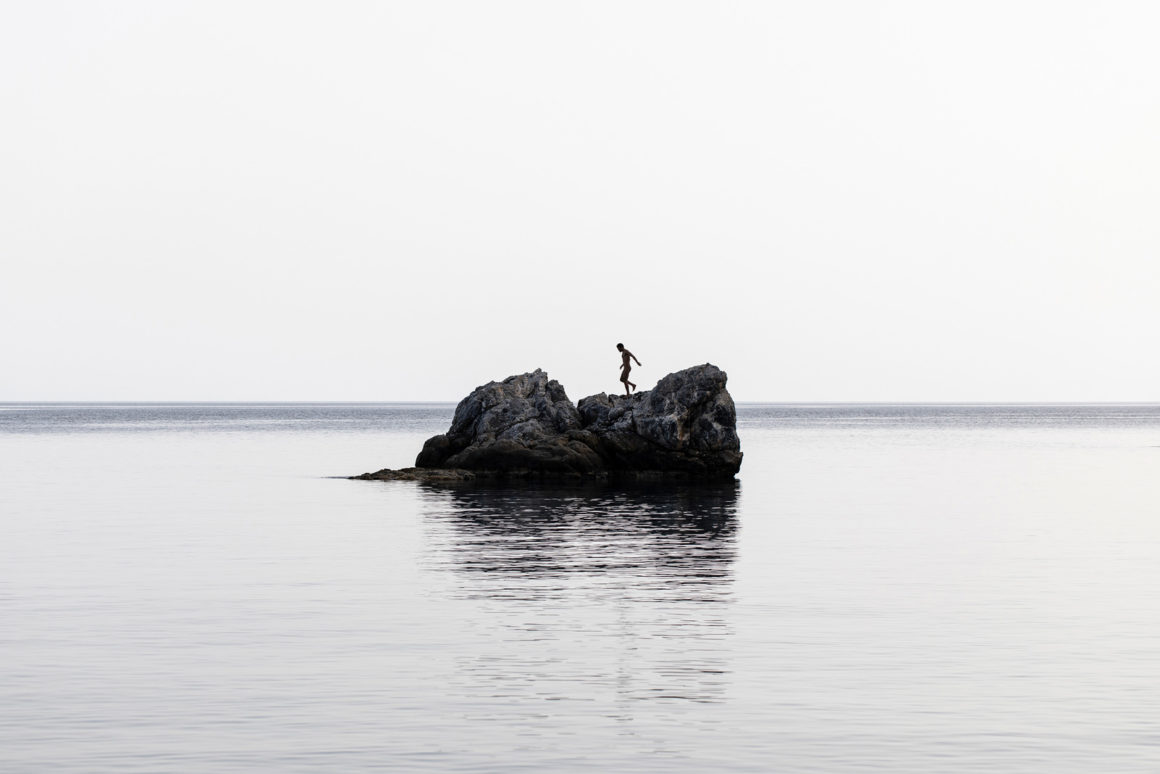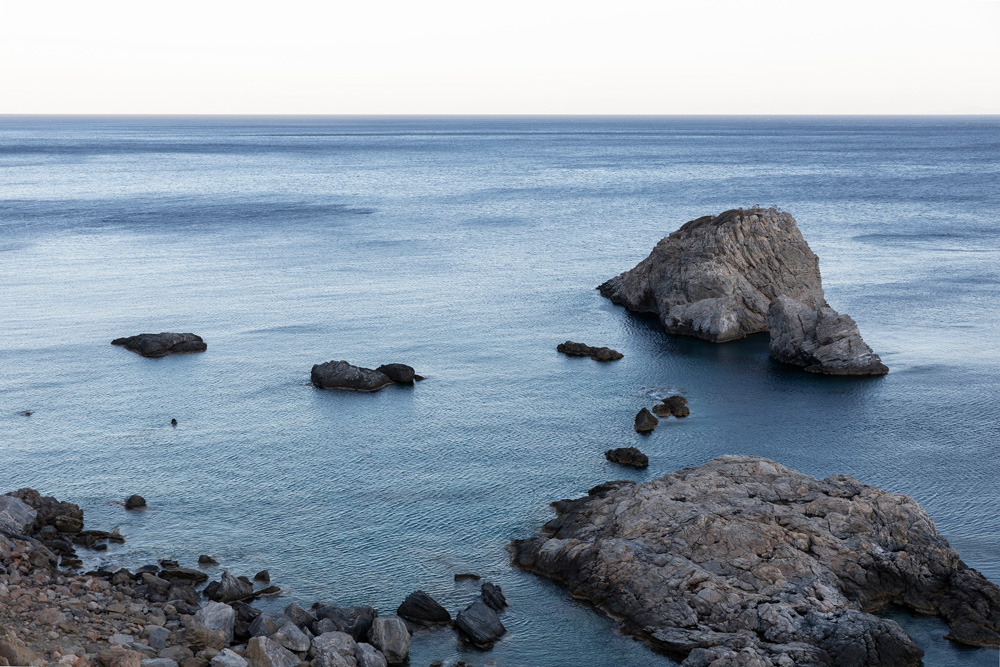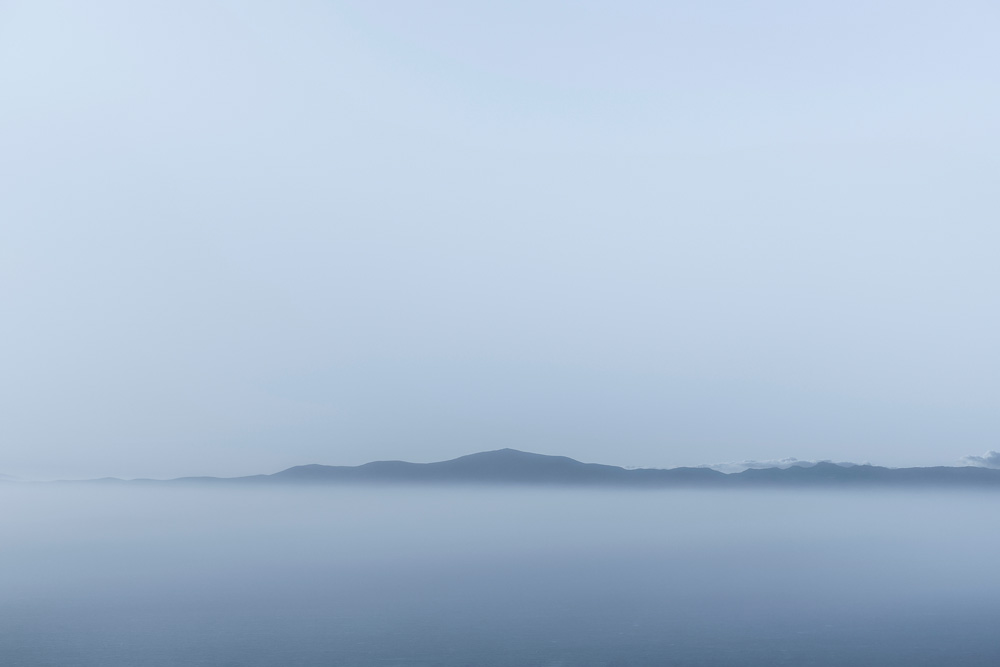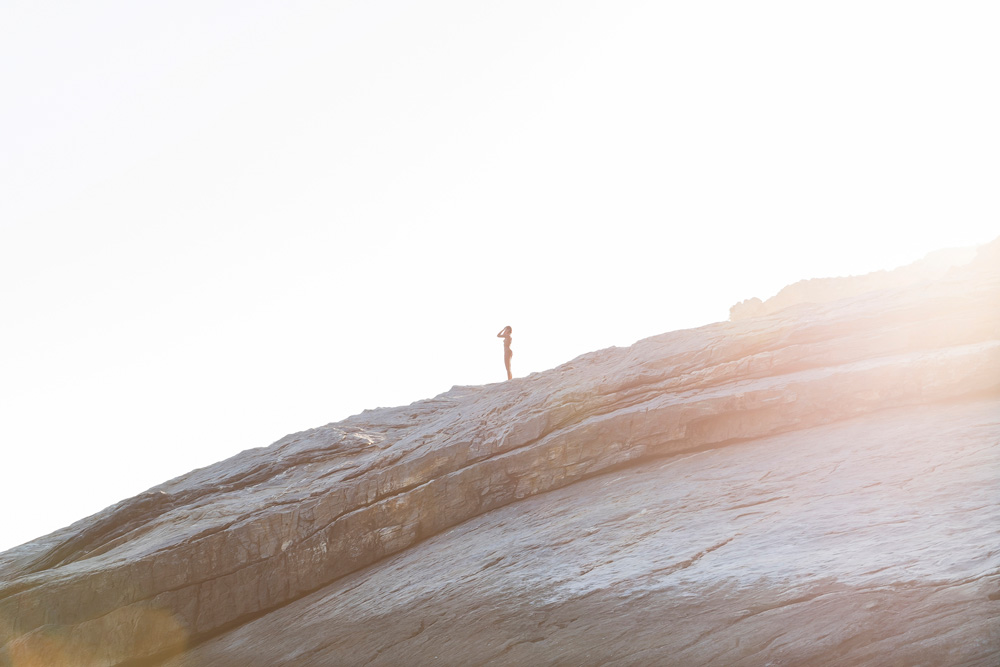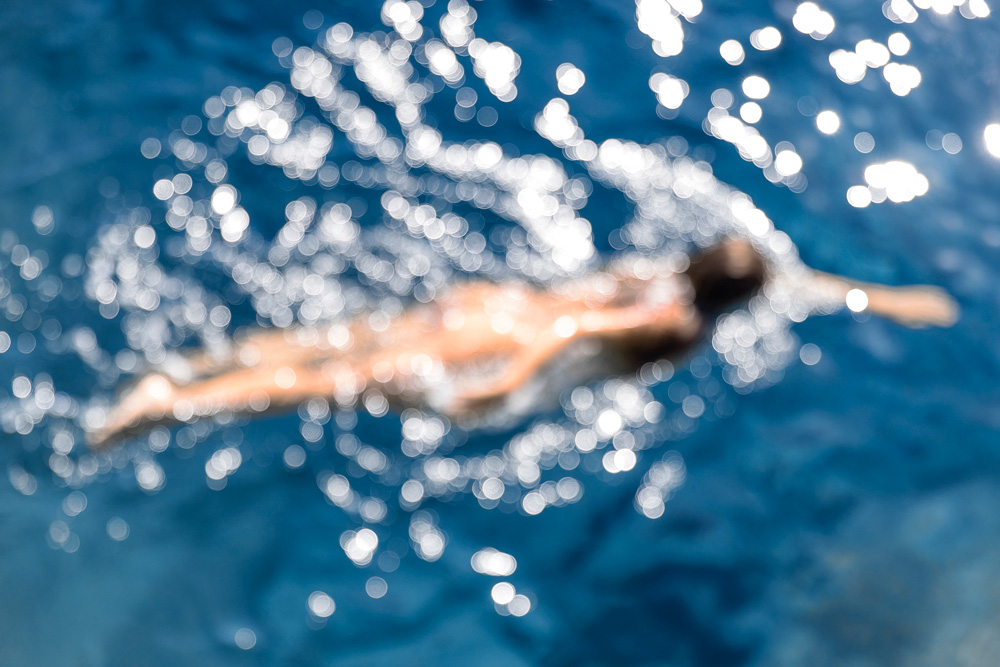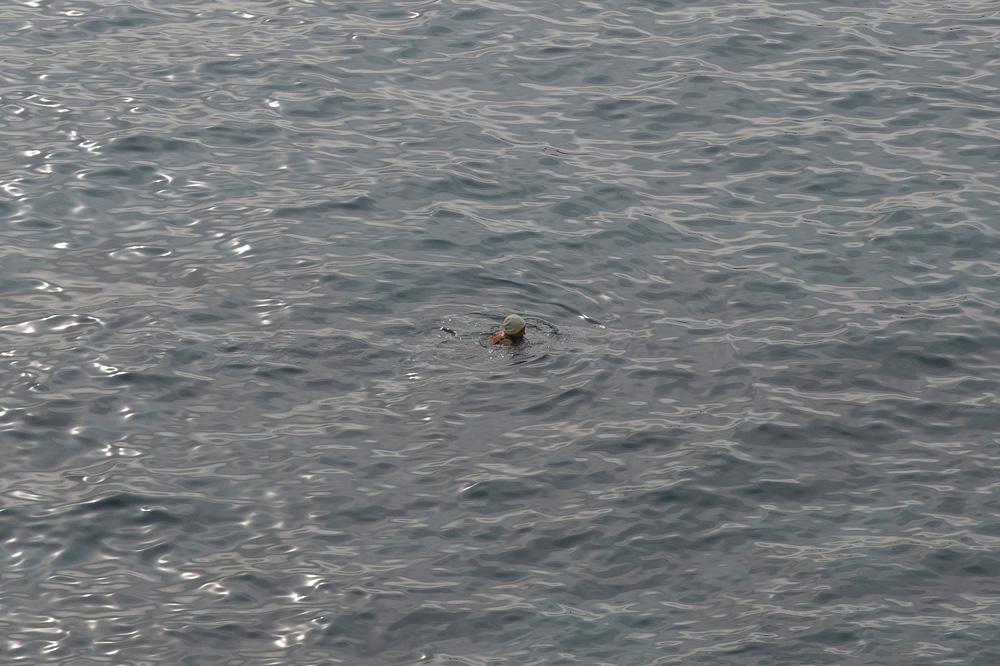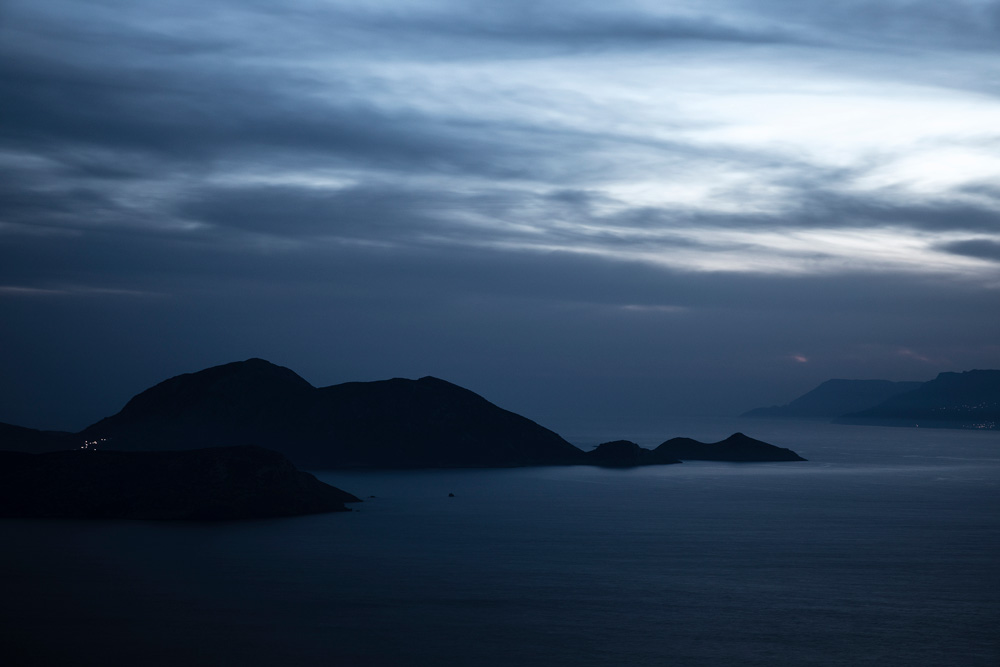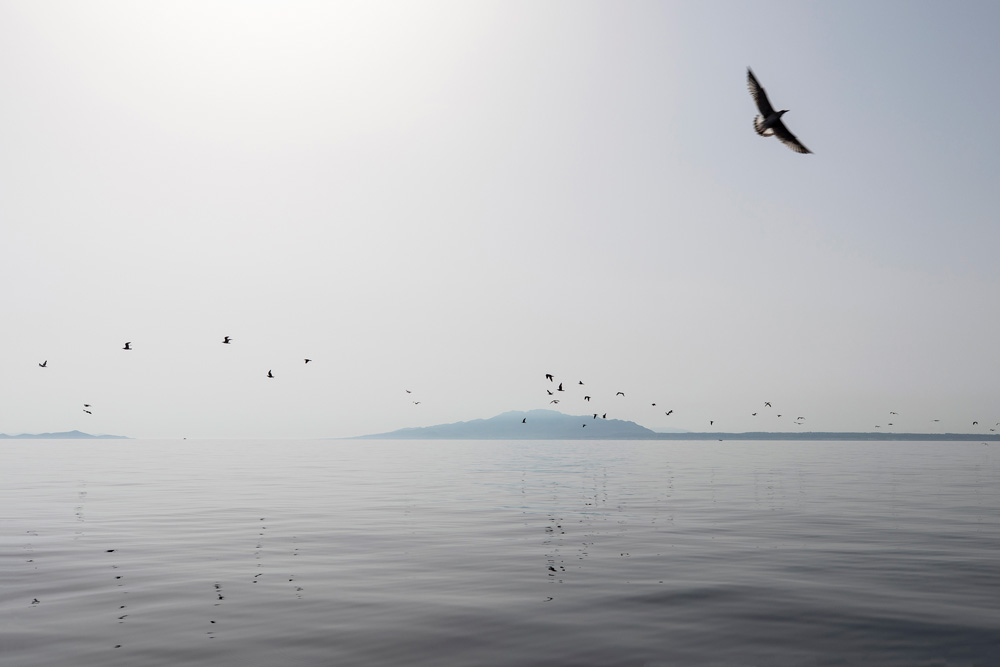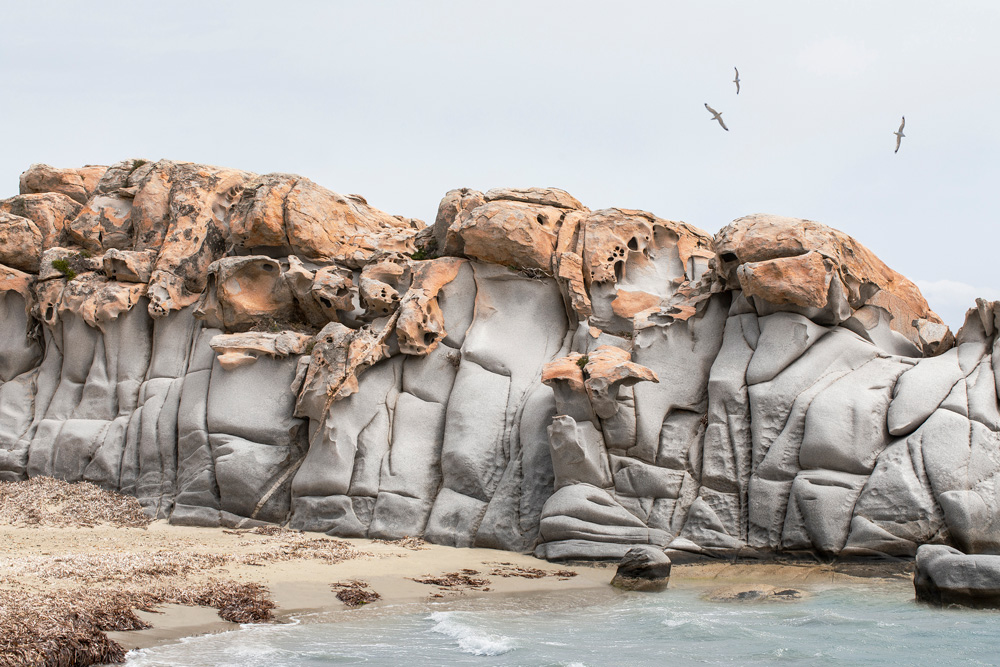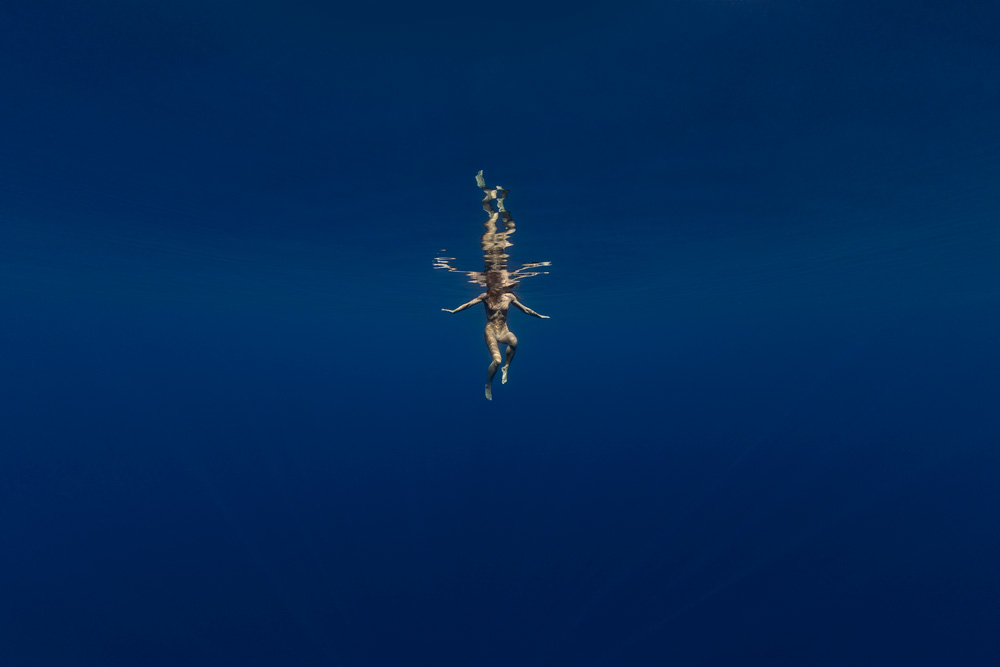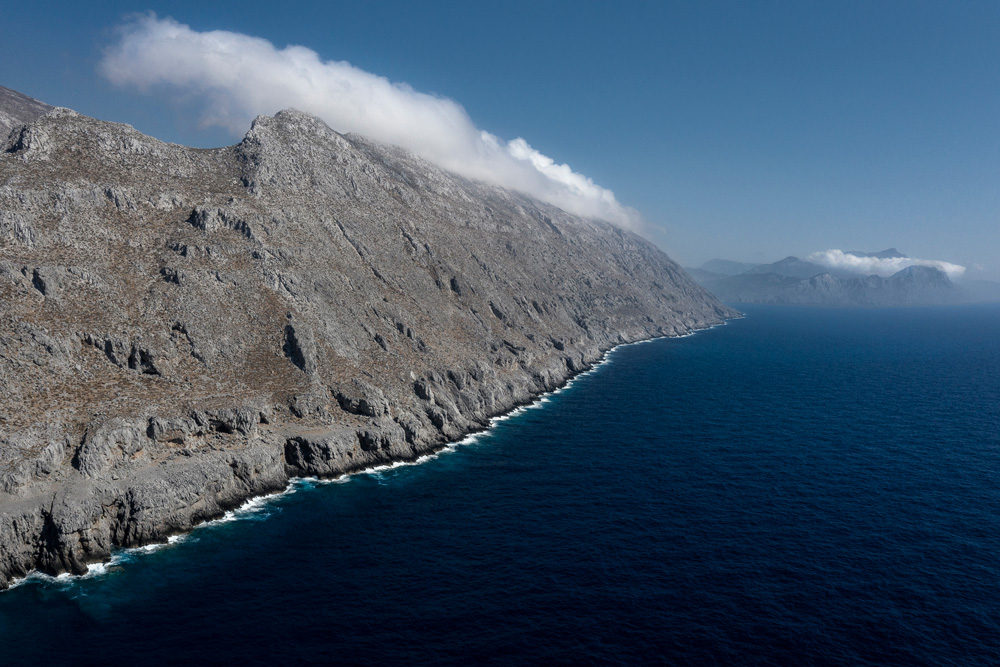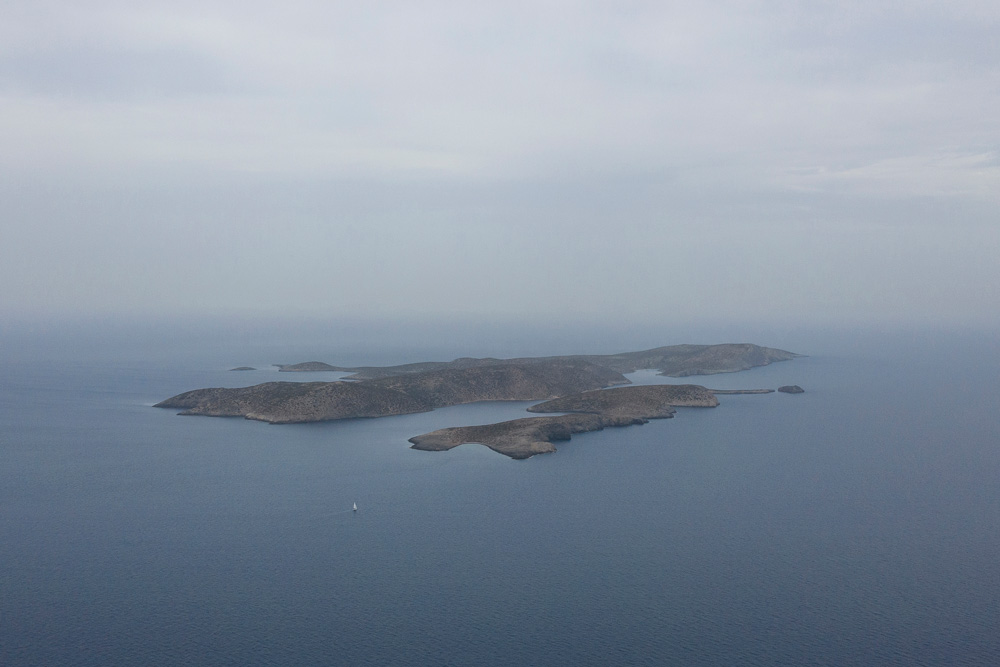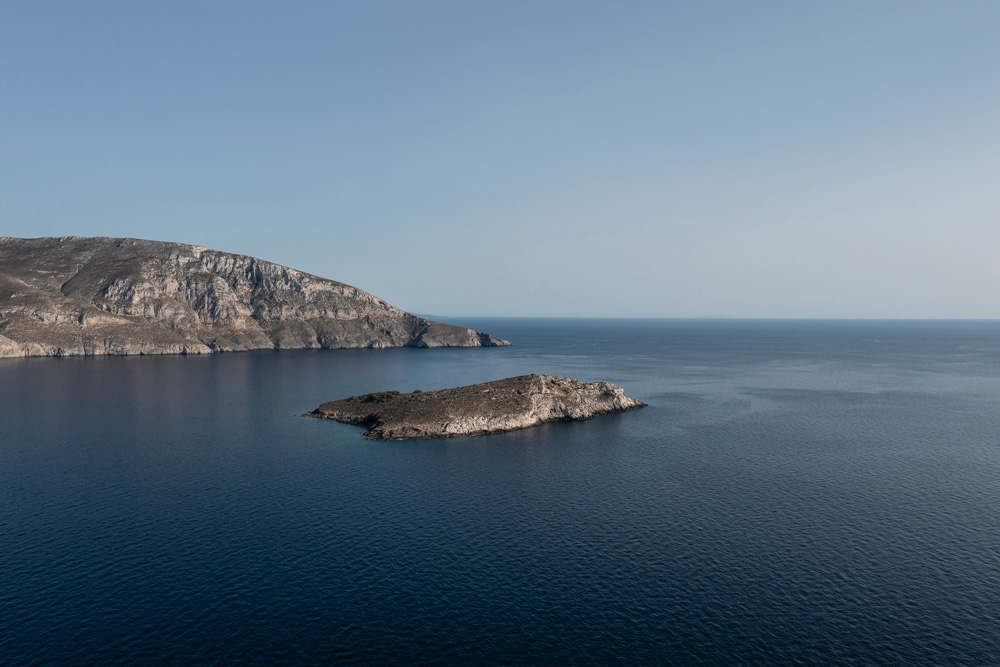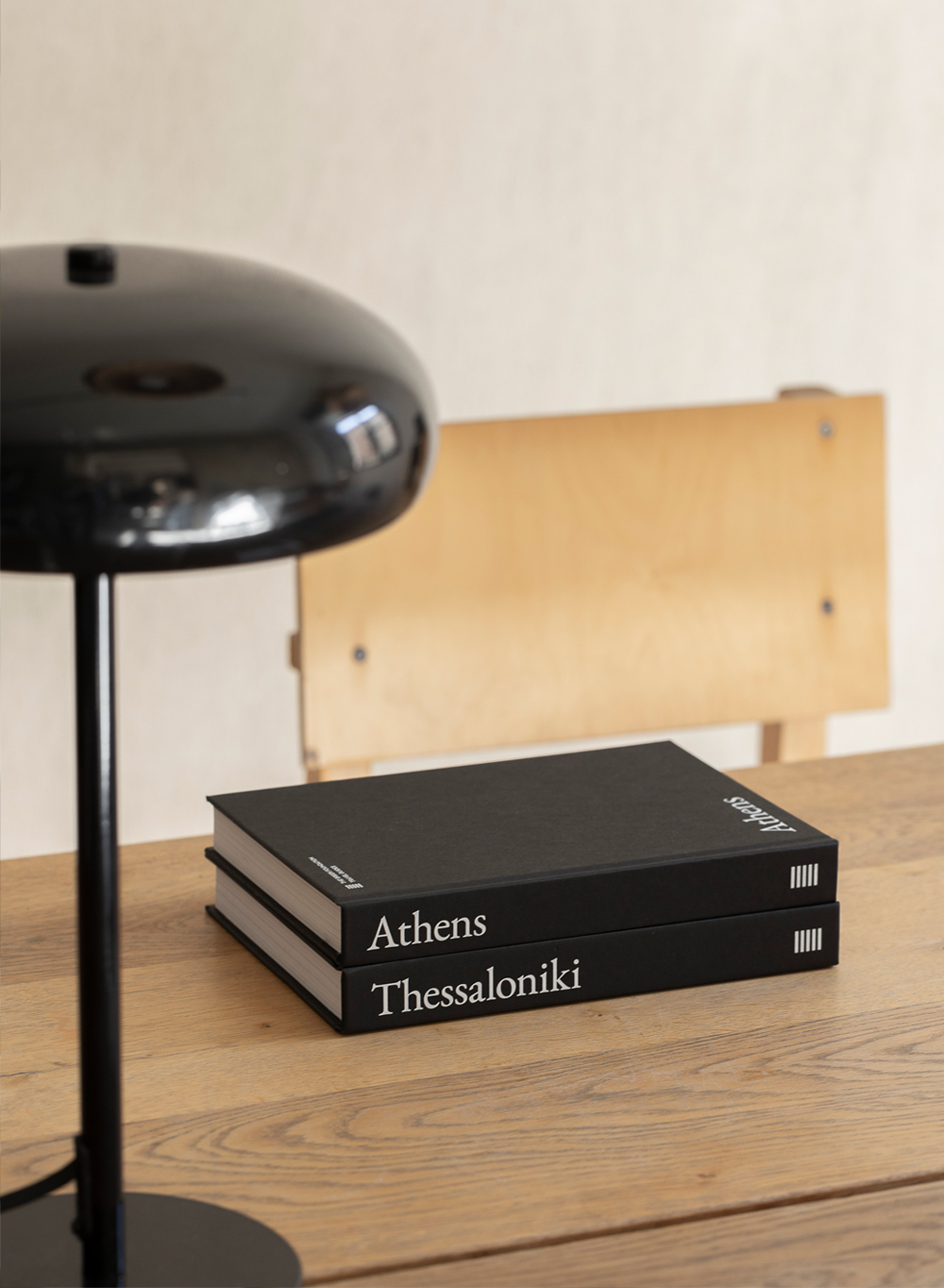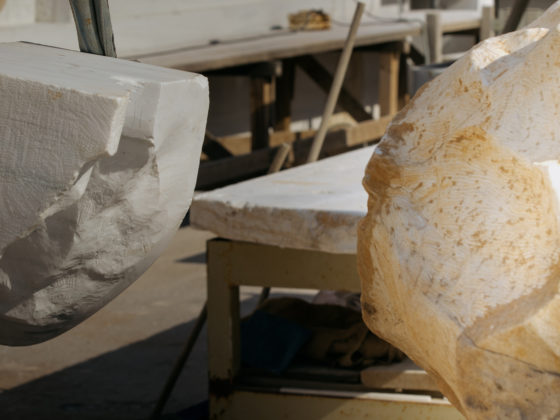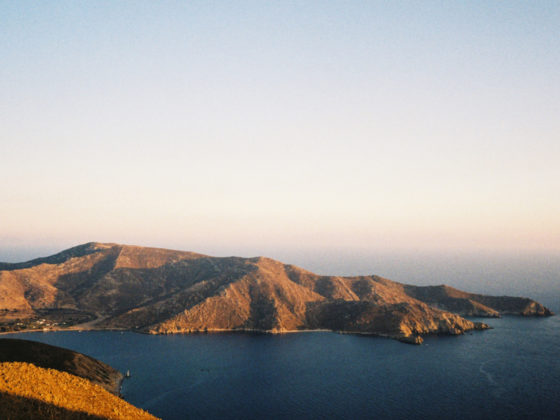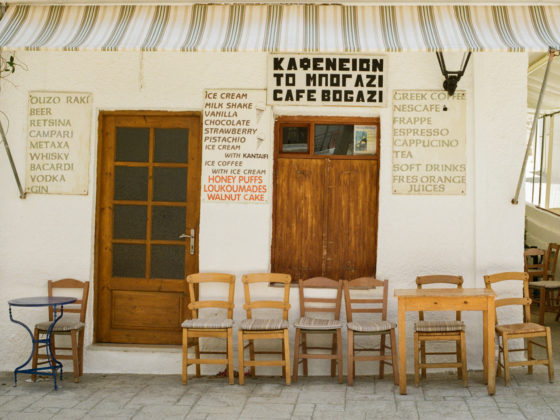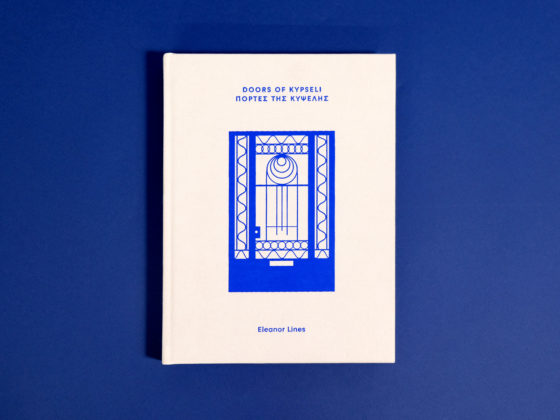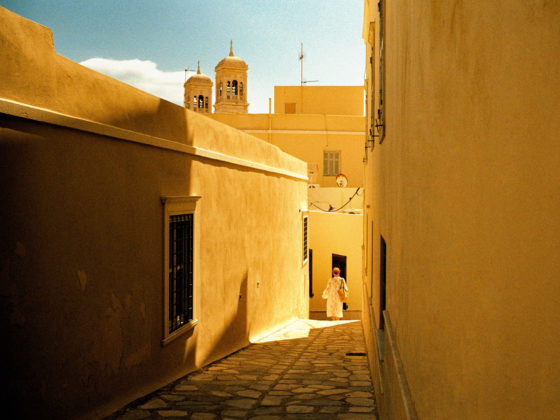In 1962, Aldous Huxley wrote his last complete novel, Island. It can be considered as a utopian counterpoint to Brave New World because it describes an ideal society with the main goal of individual freedom and the pursuit of happiness. Islands are often depicted as liminal sites and as Mary Shine Thompson says they are: “fertile spaces for the exploration of the shifting sands of identity”. Island exploration could be a metaphor for childhood and adolescence itself. Island metaphors have made it into English idiom: ‘feeling unanchored, adrift’, being swept away on ‘the rising tide’, ‘turbulent waters/ adolescence’. To use Foucault’s terminology, the Island is a heterotopia. Islands are, by their definition, separate from the landmass termed the ‘mainland’. Codes of behavior acceptable on an island can be viewed as ‘outside’ the norm. The Island as a ‘term’ possesses a fascinating paradox for it symbolizes two counter-facing realities. While being a land of absolute freedom, surrounded by water that is sometimes serene and sometimes rough, allowing the mind and soul to ponder, it can also be seen or felt as the complete arena of imprisonment and solitude. Perhaps it is this bizarre duality that activates the instincts of exploration and understanding and keeps drawing us returning to its shores.
For photographer Michael Kaziales, the artistic process comprises of the depiction of a feeling accompanying him throughout his journeys, with the alluring challenge to capture the nature of these contradictions. Despite its barren nature, the island setting yet remains a fertile land for the pursuit of the divine, the absolute, the flawless, that for the more romantic eye, maybe the getaway of our comfort zone in a rural lifestyle towards the inlining of our most primal instincts and desires.
